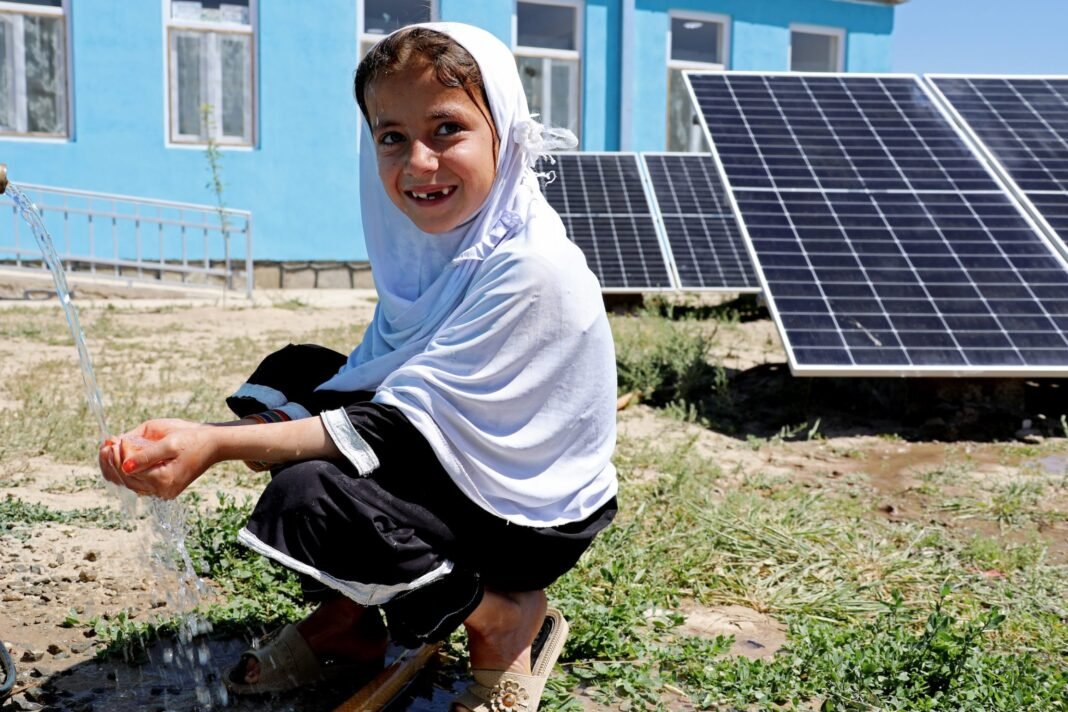Iraq continues pushing forward with its solar energy transition. The government launched a project to give free solar systems to low-income families. This effort shows Iraq’s drive to reduce pressure on its national electricity grid.
The Government Communication Team leads this new solar push. Ammar Monim, the team’s head, confirmed the goal to reach thousands of families. Iraq aims to install solar panels in about 2,500 homes in several phases.
This initiative is not limited to one region. As well as, authorities plan to extend solar energy systems to more provinces across the country. Iraq continues to rely on solar energy to tackle its ongoing electricity shortages.
Currently, many Iraqi homes still suffer from power cuts. As a solution, the government provides free solar systems to reduce the burden. This plan not only helps families but also improves the nation’s energy balance.
Alongside helping households, Iraq also installs solar panels on hundreds of public buildings. However, The Ministry of Electricity announced progress in converting over 500 buildings. These include schools, banks, ministries, universities, and hospitals.
Iraq’s government also recently opened a solar-powered village. Located in Harir province in the Kurdistan Region, the Kulak village uses 195 solar panels. These panels serve 36 houses, a mosque, a school, and a community center.
The Rwanga Foundation led the launch of this village in partnership with other supporters. Iraq considers this village a model for future solar communities.
In Baghdad, the government palace now uses solar power. The move sets an example for other government institutions to follow. By using clean energy, the country reduces pressure on fossil fuels.
Officials believe that solar energy can solve Iraq’s long-standing power shortages. Currently, government facilities use 30% of the electricity produced. By switching to solar, Iraq can redirect energy to other sectors.
Though progress is visible, more support is needed. Additionally, Iraq must introduce laws and incentives to attract investment in solar power. Without such steps, the pace of transformation may slow down.
Still, Iraq expands solar energy access to poor families and institutions. So, This strategy creates a cleaner, more reliable energy system for the future.


